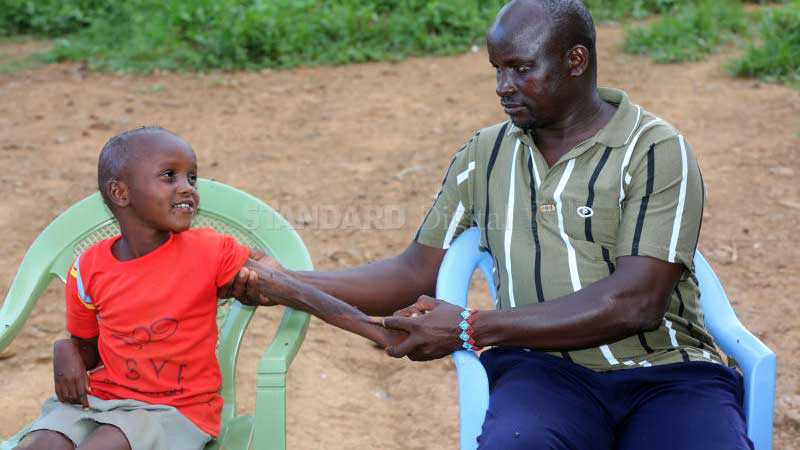×
The Standard e-Paper
Smart Minds Choose Us

Once bitten, twice shy. This is a saying well understood by Chebet Lagat, a six-year-old girl who is easily startled by any hissing sound around her.
The Standard One pupil of Emsos Primary School screams for her father, Patrick Kigen, who is working nearby on their farm in Emsos village.